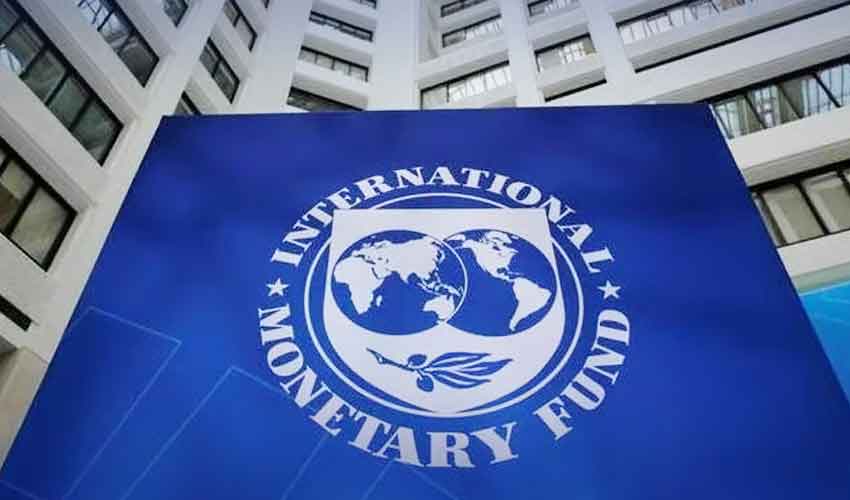The Sindh Chamber of Agriculture on Sunday strongly opposed the Federal Board of Revenue's (FBR) proposal to raise the sales tax on locally manufactured tractors from 10% to 18%.
In a letter addressed to FBR Chairman Muhammad Zubair, senior vice president Nabi Bakhsh stressed the adverse impact such a hike would have on the agricultural sector, which is already grappling with numerous challenges.
The chamber’s correspondence outlined significant concerns among farmers regarding the proposed increase, arguing that it would exacerbate existing financial strains.
Instead of increasing taxes, the Sindh Chamber has urged the FBR to reduce the sales tax rate on tractors to stimulate growth in the agricultural sector.
“We believe that reducing the sales tax on locally manufactured tractors to 5%, along with lowering customs duties on imported tractors from 15% to 5%, is essential for supporting farmers during these challenging times,” the letter stated.
Furthermore, it called for the abolition of the additional advance sales tax of 3% on tractor imports, which adds further financial burden.
Farmers have criticized the FBR’s proposal, labelling it detrimental to the agricultural community. With agriculture contributing approximately 24% to Pakistan’s gross domestic product (GDP) and employing nearly 37.4% of the workforce, the sector's health is crucial for the country's economic stability.
Currently, farmers face a myriad of issues, including water shortages, climate change repercussions, and inadequate investment. Although the government announced support prices for wheat and cotton, delays in the procurement process have forced farmers to sell their produce at significantly reduced prices, exacerbating their struggles.
The Sindh Chamber’s letter argued that the proposed sales tax increase on tractors would further hinder access to essential agricultural machinery, highlighting a persistent gap in the horsepower available to farmers.
By implementing the chamber's recommendations, it is hoped that immediate relief could be provided to farmers, aiding in the restoration of Pakistan’s agricultural sector and enhancing economic stability. The letter concluded with a call for the FBR to prioritize these reforms and support the farming community during this critical period.


























